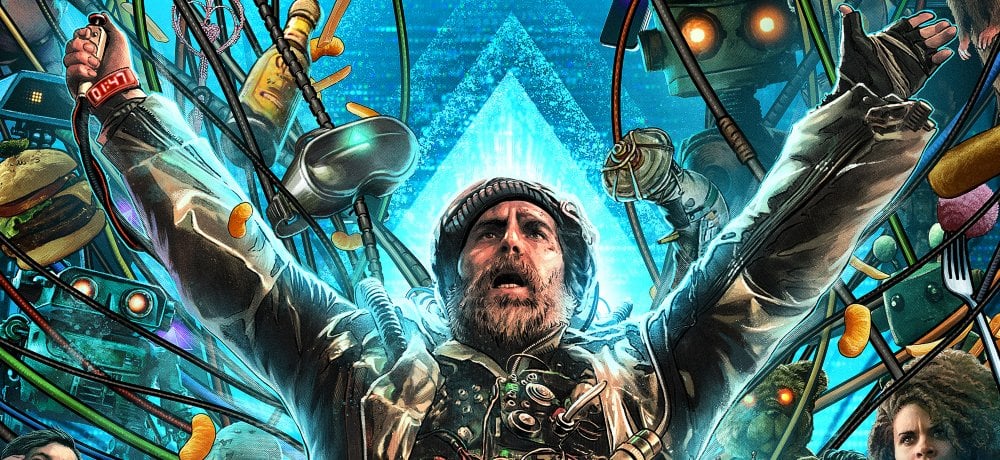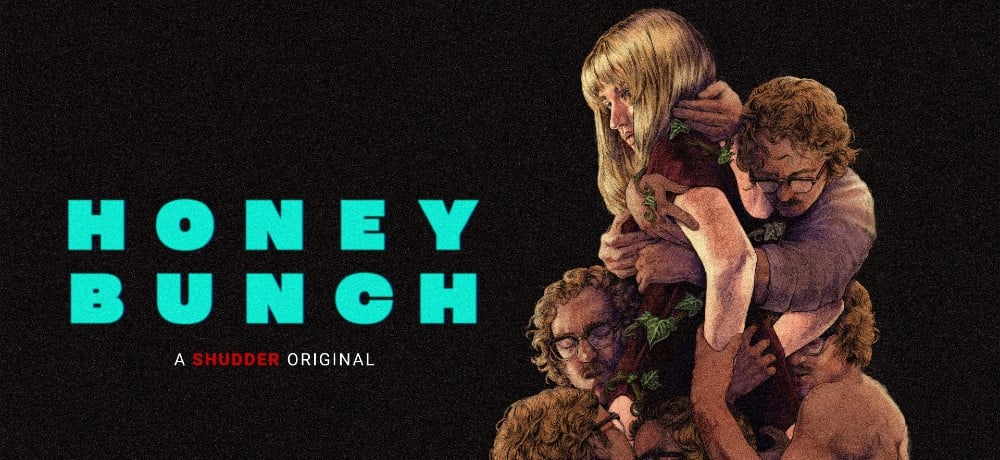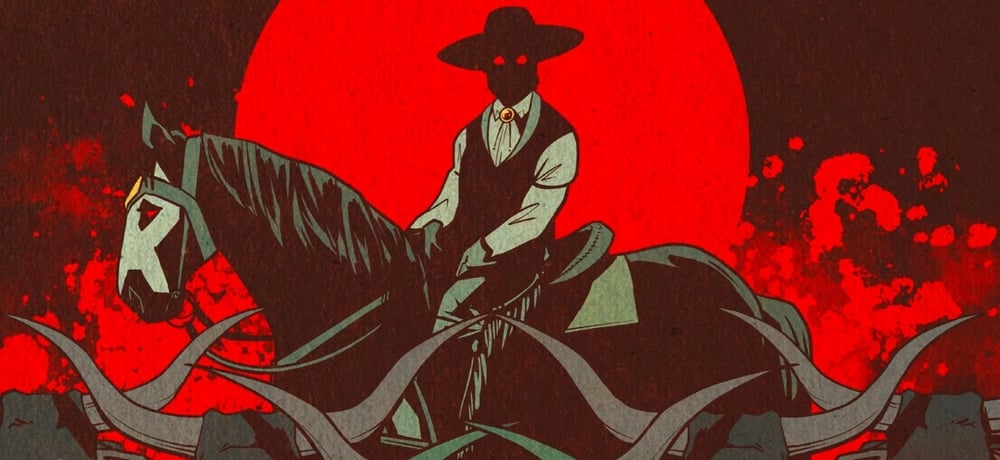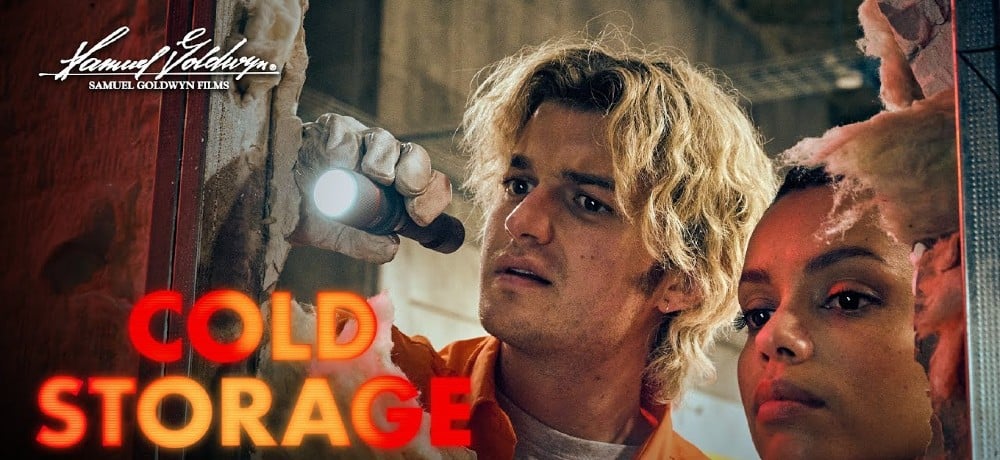





Rabies, the first Israeli horror film is out now on DVD. Co-written and directed by Navot Papushado and Aharon Keshales, Rabies is a deconstruction of the American slasher film, laced with political and social commentary. Daily Dead had the chance to speak with Navot Papushado, who talked about the inspiration for Rabies, the state of Israeli genre cinema, and a number of other topics.
Since most films made in Israel are in some part financed by the state’s film council, did you come up against any resistance in distribution or anything since they weren’t involved?
Navot Papushado: We didn’t come up against any resistance because we never sought funding from the state. We always had an independent financer involved. The film was made for a very small budget, but luckily we were able to get a great cast with the most famous actors in Israel. Although after the film came out, [the state backers] started sending out feelers for genre scripts. So we kind of planted the seeds of genre films, horror, action, sci-fi, fantasty getting made in Israel.
Since Israel has no market for horror movies, and you made the first one, what made you want to be so bold as to make the first?
Navot Papushado: You can call it boldness or stupidity. People would say we were bold, but we just wanted to make movies we wanted to watch. We grew up watching the films of Wes Craven, William Friedkin, John Carpenter, David Cronenberg, Steven Spielberg, George Lucas and later on with Quentin Tarantino and the Coen brothers. So we wanted to make a film that we would love to watch: A movie where we'd buy some popcorn and coke and sit in the cinema and enjoy it. It was not an option to not do it. We couldn’t imagine doing a drama or a film about the war or some conflict or something political. We just wanted to do something that was pure fun. In Rabies you do have subtext that you can enjoy as well, but for us it wasn’t really a question of “Are we really going to be bold?”, but we were going to make a movie that we wanted to watch.
It seems you were on to something because the film was a huge moneymaker and landed in the top ten of the year’s box office in Israel. You proved that people do want to see these movies.
Navot Papushado: Yes I guess we were right and I would say that our producer is a very happy man!
You set out to make a fun horror movie, but I’ve watched it twice now and I was really struck by the way you set up all the conventions of the teen slasher and tear them down rather quickly. I find it really refreshing.
Navot Papushado: Thank you
But I think perhaps the movie is being marketed here as a straight-ahead slasher is a bit misleading. It’s begging for people to be disappointed by it. It’s a character piece and they are more important than the machinery of the plot. Then again, perhaps that’s the point, the misleading marketing…
Navot Papushado: I couldn’t agree with you more about the second part. We did set out to make a film with every cliché in the book. And maybe it’s good that the audience will expect one thing and be surprised in the way that you were. It was important for us to make the most local film that only the Israeli audience would understand. There is so much of the Israeli attitude about it.
At the same time we knew we were breaking some genre rules that the Americans would understand because they grew up on these films. We weren’t expecting this kind of appreciation, and how the foreign audience would react, but they did and it’s wonderful. When we decided to put the slasher to sleep we knew we had to put the emphasis on the characters and give them some motivation besides just surviving the slasher. So that kind of started a chain reaction with all the characters and how they react to each other. It really wrote itself.
The title, Rabies infers an infection that makes one mad or murderous and anyone given the right circumstances could be. Do you think this nihilistic attitude suggests that maybe we as people are one step away, one bad decision away from ruining our lives and just doing something insane?
Navot Papushado: We grew up in Israel, but it’s a difficult place to live. We are not the most calm country in the world. We have a lot of troubles. It’s all over the news, you hear about Israel fighting with the Arab counties surrounding us. We are having this huge conflict with the Palestinians. Basically, we are in a state of, maybe not war, but a state of an uncomfortable political stance with almost every country.
We grew up in this kind of atmosphere and tension, but still we think that young people growing up in Israel in recent years that we have another problem here in Israel. We have forgotten to be tolerant and nice to each other. It doesn’t really matter if you have a war with another country you have your people inside your country and we are divided. We are a divided people.
I guess the message that the film puts out is: first of all we have to fix the problems within ourselves before we can fix the world. Growing up in such a situation, it really makes you think and wonder about us as humans. So we wanted to make a film that would leave the politics out but really make you focus on how we as humans forgot the courtesy and how to just relax and with the push of a button we all explode.
You should come to Israel and see how people drive on the street. How they honk and curse at each other and every little situation radically turns violence here. We felt that it’s like an epidemic. And the only thing we could think of was the title of the film: rabies. Everyone here is just waiting for the wrong thing to happen so they could explode and so they could be an animal. That’s also why we called it Rabies. We wanted to create this little place with the world in the film and the woods. Nobody can get out and it has this epidemic contained within. It is a human condition. But the dog didn’t do it!
The way the characters are drawn, nobody seems to have a healthy relationship. Whether it’s the brother and the sister or someone else, they have this relationship where nobody will accept them. And then these friends are always bickering and they all come to blows in some way or another. It’s the war at home, like you said.
Navot Papushado: Everything starts with the family. Every horror film starts with an initial sin, like a girl is not a virgin or the kids are getting drunk. Or they are doing drugs. So we wanted our initial sin to be brotherly love, but very twisted brotherly love. And that goes for the characters in the film. You have couples: the cops, the friends, two male and two female. A ranger and his female loved one. So basically everything that happens in the movie begins with brotherly love. That is one of the concepts of the film: to see how something so beautiful can go totally wrong once you don’t talk and you don’t have any tolerance. Basically, all the characters end up destroying each other.
---
To learn more about Rabies, we've included the official trailer below. You can also read our review at: http://dailydead.com/review-rabies-dvd/